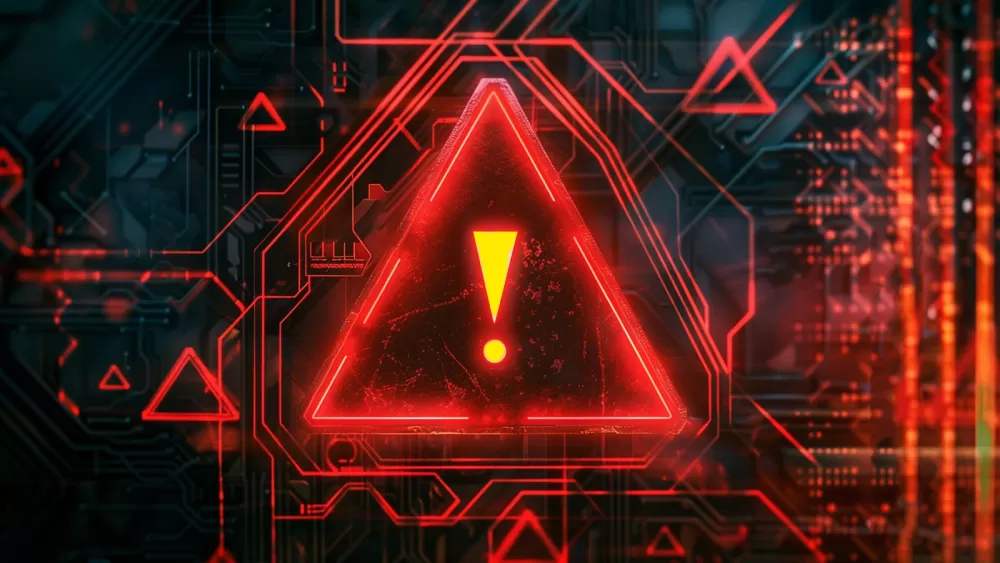Cyberattack Strikes Critical Emergency Alert Systems, Sparking Nationwide Concern
Share- Nishadil
- November 26, 2025
- 0 Comments
- 3 minutes read
- 29 Views

OnSolve's CodeRED Platform Hit by Cyberattack, Disrupting Emergency Communications Across North America
A recent cyberattack on OnSolve, the company behind the widely used CodeRED emergency alert system, caused significant disruptions to critical communications for countless public safety agencies and local governments throughout the US and Canada. This incident highlights the profound vulnerability of essential infrastructure in our increasingly connected world.
Imagine a situation where every second counts – a severe weather warning, a missing child alert, or an urgent public safety announcement. Now, imagine those critical messages simply can't get out. That unsettling scenario became a stark reality for countless communities recently, all thanks to a significant cyberattack that crippled OnSolve, the very company responsible for many of our emergency communication systems.
OnSolve, if you're not familiar, is a powerhouse in the world of critical event management. Their CodeRED platform, in particular, is what countless public safety agencies, local governments, and even universities rely on to push out those life-saving emergency alerts. We're talking about everything from tornado warnings to evacuation orders, all delivered straight to your phone or inbox. So, when their systems went dark due to what the company described as an "isolated cyber event" – a phrase often used as a delicate way to describe a serious breach, potentially a ransomware attack – it wasn't just a technical glitch. It was a genuine threat to public safety.
The impact was immediate and widespread. Agencies found themselves unable to send out vital alerts, leaving them scrambling for alternative, often slower, communication methods. It’s not just an inconvenience; it can literally mean the difference between life and death. The sheer scale of this incident really hits home when you consider how many municipalities across both the United States and Canada depend on these very services. They were left, effectively, in the dark when they needed to shine the brightest.
OnSolve, to their credit, moved quickly to address the situation. They took their systems offline as a protective measure, brought in external cybersecurity experts – the kind you call when things are truly dire – and looped in law enforcement. Their primary goal, understandably, was to restore service as swiftly and securely as possible. While core services eventually started to come back online, the initial period of disruption served as a chilling reminder of how vulnerable even our most critical infrastructure truly is to malicious actors.
This incident isn't just a story about a company getting hacked; it's a profound lesson for all of us. It underscores the urgent need for robust cybersecurity defenses, not just for financial institutions or tech giants, but for the fundamental services that keep our communities safe and informed. It forces us to ask: What happens when the very systems designed to protect us become targets? It's a question we all need to consider, from IT departments in city halls to the individuals who receive these alerts, ensuring we have backup plans and remain vigilant in an ever-evolving digital threat landscape.
Disclaimer: This article was generated in part using artificial intelligence and may contain errors or omissions. The content is provided for informational purposes only and does not constitute professional advice. We makes no representations or warranties regarding its accuracy, completeness, or reliability. Readers are advised to verify the information independently before relying on







